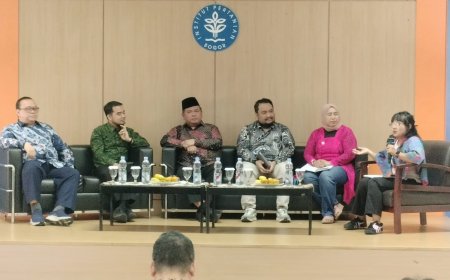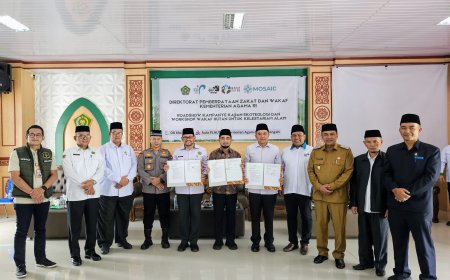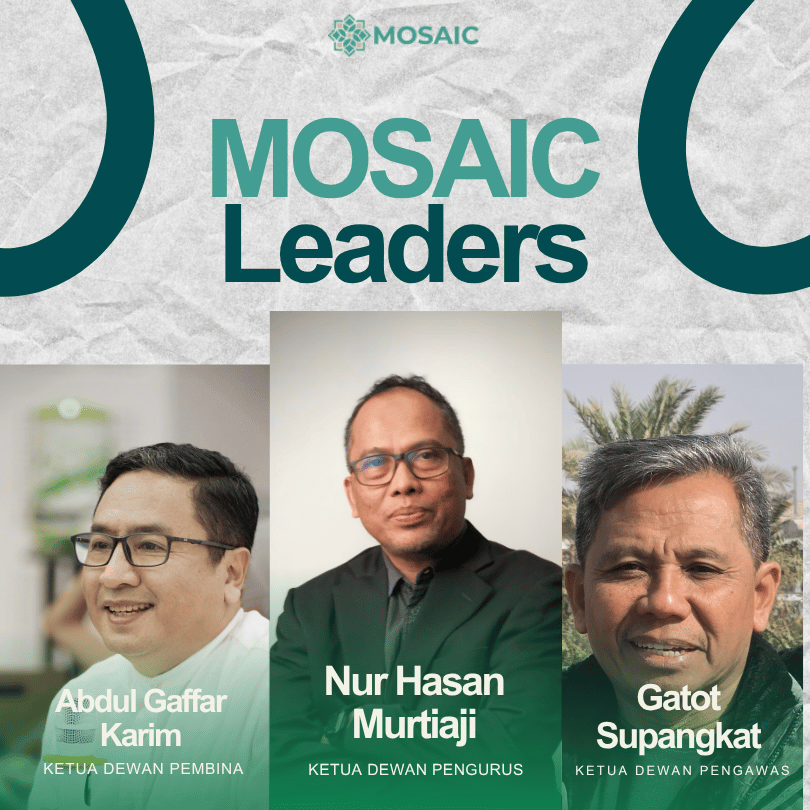Stop Sacrificial Meat Plastic Bags, Choose Environmentally Friendly Materials
The waste generated as part of the Eid al-Adha celebration could potentially reach 608 tons
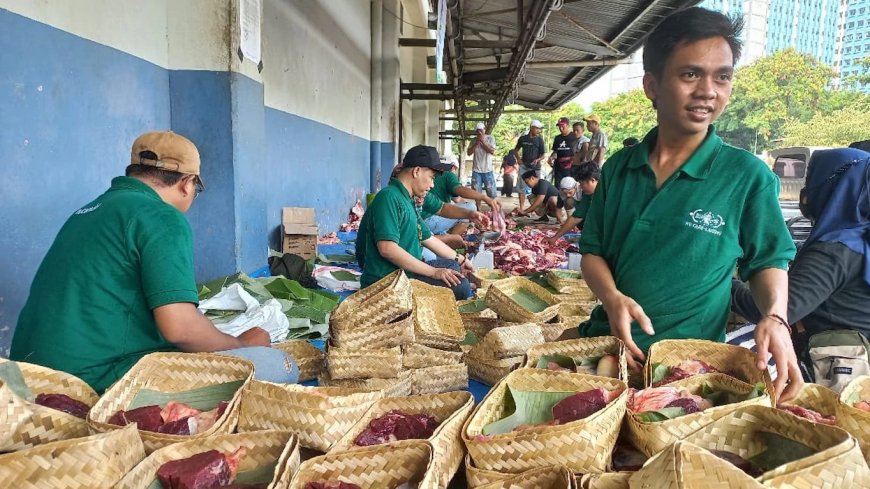
JAKARTA — The distribution of sacrificial meat after cutting in slaughterhouses (abattoirs) or houses of worship often produces new plastic waste. For this reason, some Eid al-Adha 1445 H sacrificial organizers from both companies and mosques use organic matter as an alternative to sacrificial meat packaging.
Dharma Jaya Regional Public Company (Perumda) for example. The red plate abattoir company uses bamboo bulk container packaging to distribute sacrificial meat to surrounding communities.
“For the provision of environmentally friendly sacrificial meat, we use this bamboo large container, and it is quite practical because it can be carried easily and safely,” said Perumda Dharma Jaya Business Director Irwan Nusyirwan when he met Antara at Perumda Dharma Jaya abattoir in Jakarta on Monday.
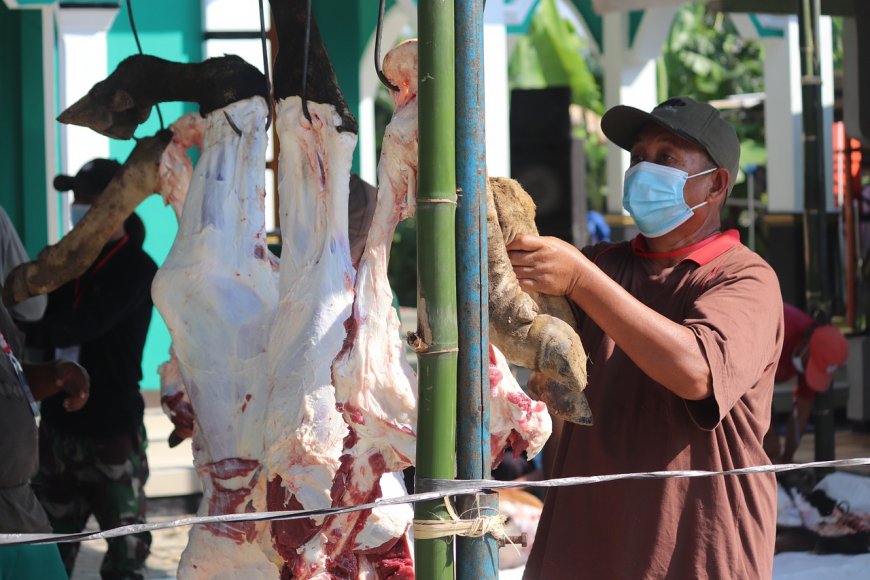
He said it was related to Perumda Dharma Jaya's efforts to provide sacrificial animals on Eid al-Adha 1445 Hijri with environmentally friendly packaging to reduce the production of waste that is difficult to decompose. Irwan explained that on this Eid al-Adha momentum, the number of cows slaughtered at Dharma Jaya abattoir amounted to 80 heads.
Most of the meat is packed in thousands of bamboo stalks supplied from small and medium-sized micro enterprises (MSMEs) in Jakarta. The use of bamboo beef containers will increase as Perumda Dharma Jaya targets the number of sacrificial cattle to be slaughtered over the next two days as 160, bringing the total to 240 head. “So in addition to preserving the environment, the use of bamboo woven containers also provides added value economically for MSMEs,” he said.
Irwan said that the sacrificial meat provided in the company is in accordance with orders from various parties such as government agencies, BUMD, state-owned enterprises, private individuals, as well as citizens individually. The sacrificial meat will be distributed directly to people in different areas of Jakarta according to the wishes of the sacrificed party.
In addition to bamboo bags, biodegradable plastic bags or easily degradable plastic are options as containers for distributing sacrificial meat. This use of plastic is due to the government's appeal to avoid the use of single-use plastic bags. “We use environmentally friendly plastics, which are biodegradable,” said Muhamad Syarifudin as the Eid al-Adha Committee 1445 H Masjid Cut Meutia in Jakarta, Monday (17/6/2024) reported Antara.
He explained that the selection of biodegradable plastic bags was made after calls from the government including the Ministry of Environment and Forestry (MOE) and the Jakarta Provincial Government to reduce the use of single-use plastic bags as sacrificial meat containers. Selection of the use of biodegradable plastic bags was also carried out at Masjid Agung Sunda Kelapa Jakarta.
Deputy Secretary of the Governing Council of the Grand Mosque Sunda Kelapa and Chairman of the Eid al-Adha Committee 1445 H, Pudji Astuti when he met in Jakarta, said that his party also used easily degradable plastic bags to distribute sacrificial meat. He explained that the selection of biodegradable plastic bags was done because it used natural materials as a container that could potentially be easily torn, based on the experience of Eid al-Adha last year.
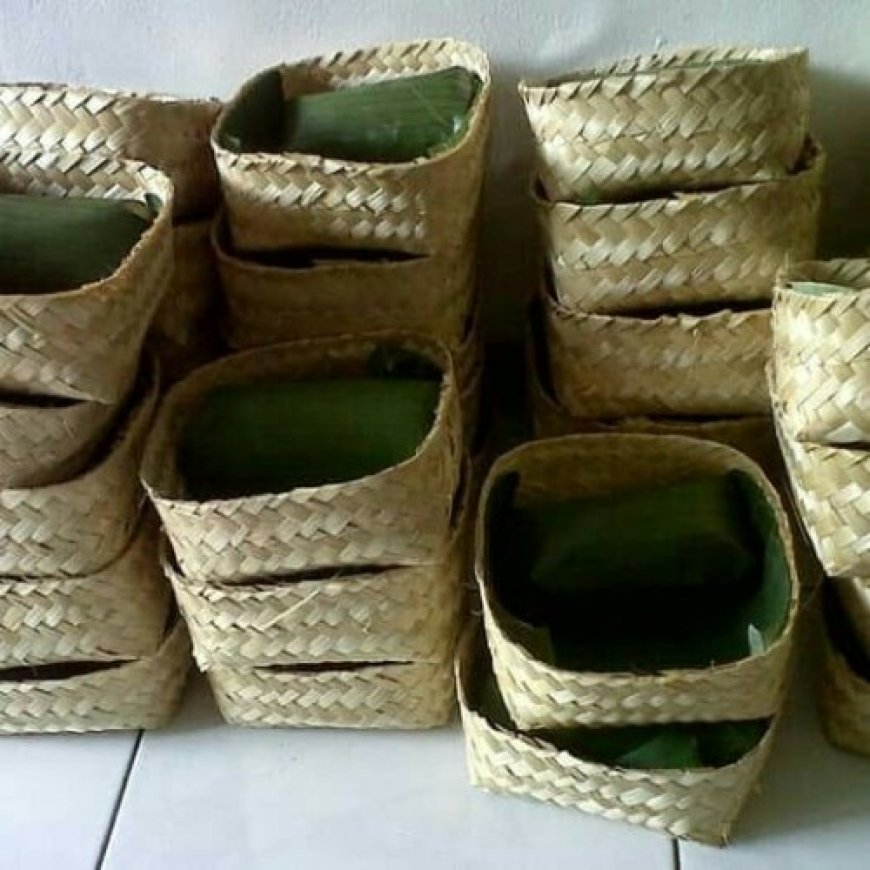
Biodegradable plastic bags themselves are claimed to be biodegradable easily because they are made of biopolymer-based materials also known as organic polymers. A 2015 UN Environment report concluded biodegradable plastics can only be perfectly destroyed in conditions of temperatures above 50 degrees and not outdoors.
Meanwhile, the Environment Department of DKI Jakarta invites the people of Jakarta to apply environmentally friendly sacrifices, that is, not to pollute the environment by disposing of waste carelessly. “This environmentally friendly sacrifice is expected to be applied by the community,” DKI Jakarta Public Relations Department (DLH) Public Relations Officer Yogi Ikhwan said when confirmed in Jakarta on Monday.
According to him, during the implementation of the Eid al-Adha 1445 Hijri sacrifice, DLH DKI Jakarta continues to apply eco-friendly sacrifices or “eco qurban” in order to invite the public to be conscious in managing the waste generated. The
yogi explains that sacrifice is environmentally friendly, that is, the implementation of the procession of slaughtering sacrificial animals until their division follows established procedures. Among these are maintaining the slaughterhouse as well as not dumping waste into sewers or bodies of water.
In addition, residents also do not use plastic bags in dividing sacrificial meat, bringing places to pick up meat as well as burying waste by digging up the ground. “The resulting waste can also be used as compost. Don't throw it away carelessly,” he said.
Yogi also said that DLH DKI held an “Eco Qurban” campaign on social media entitled “Kurban Berkah Berkah Free of Garbage” in cooperation with Tunas Muda Care (TCare).
“This competition invites all citizens in Jakarta to create video reels about the implementation of environmentally friendly sacrifices in order to prioritize the implementation of this eco-friendly sacrifice in DKI Jakarta,” he said.
The Ministry of Environment and Forestry (MOE) estimates that the waste generated as part of Eid al-Adha celebrations could potentially reach 608 tons of single-use plastic bag waste. The majority of the waste generated comes from sacrificial meat sharing.
Anticipating this, the Ministry of Foreign Affairs then issued an appeal issued in the LHK Ministerial Circular Number: SE.6/MENLHK/PSLB3/PLB.0/6/2014 on the Implementation of Eid al-Adha Day Without Plastic Waste on June 13.
Through the circular, the Ministry of Foreign Affairs appealed to the public not to use single-use plastic bags in distributing sacrificial meat. Sacrificial meat containers can be replaced with natural materials such as banana leaves and teak, or use beeks and bunches made of bamboo.


